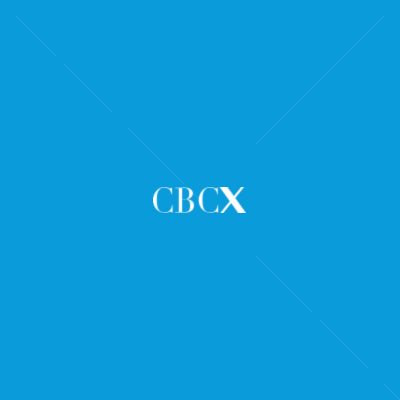When it comes to trading on platforms like CBCX, one of the most critical aspects to consider is the type of spread offered—fixed or variable. Both options have their own set of advantages and disadvantages, and understanding these can significantly impact your trading strategy.
\nWhat is a Fixed Spread?
A fixed spread means that the difference between the bid and ask prices remains constant regardless of market volatility. This can be particularly appealing to new traders because it provides predictability and consistency. With a fixed spread, you know exactly how much you will pay for each trade, which can help in budgeting and planning your trades.
Advantages of Fixed Spreads
One major advantage of fixed spreads is the lack of surprises during volatile market conditions. Traders can plan their strategies with confidence, knowing that the cost of trading will not suddenly spike due to rapid price movements. Additionally, fixed spreads are often easier to understand for beginners who are still learning the ropes of trading.
The Role of Variable Spreads
On the other hand, variable spreads adjust based on market conditions and liquidity. They tend to be narrower when markets are calm and wider during periods of high volatility. For experienced traders who can take advantage of market fluctuations, variable spreads can offer lower costs during stable markets. However, they require a deeper understanding of market dynamics to maximize benefits.
Choosing Between Fixed and Variable
Deciding between fixed and variable spreads depends largely on your trading style and experience level. If you prefer simplicity and predictability, a fixed spread might be more suitable. Conversely, if you are an active trader who thrives on market volatility, a variable spread could potentially reduce your trading costs. It's essential to evaluate both options carefully before committing to a trading platform.
Factors Influencing Spread Types
Several factors influence whether a platform offers fixed or variable spreads, including the asset being traded, the overall market conditions, and the specific features of the trading platform itself. Some platforms may offer both types of spreads, allowing users to choose based on their current trading needs.
Conclusion
Ultimately, choosing between fixed and variable spreads requires a thorough understanding of your trading goals and the nature of the markets you are engaging with. Whether you opt for the stability of a fixed spread or the potential savings of a variable spread, staying informed about market conditions and your trading habits will help ensure success in your trading journey.













